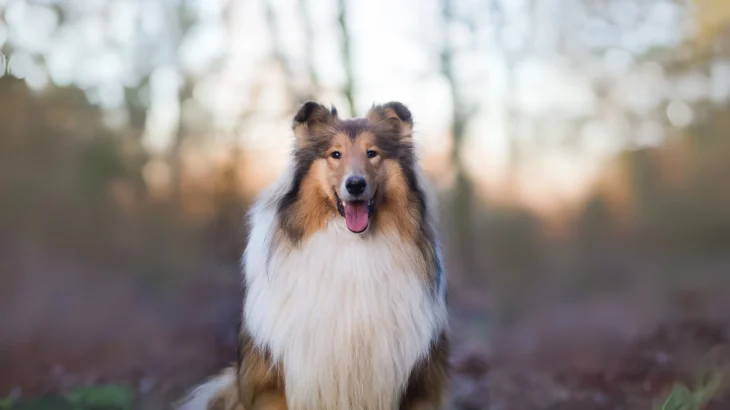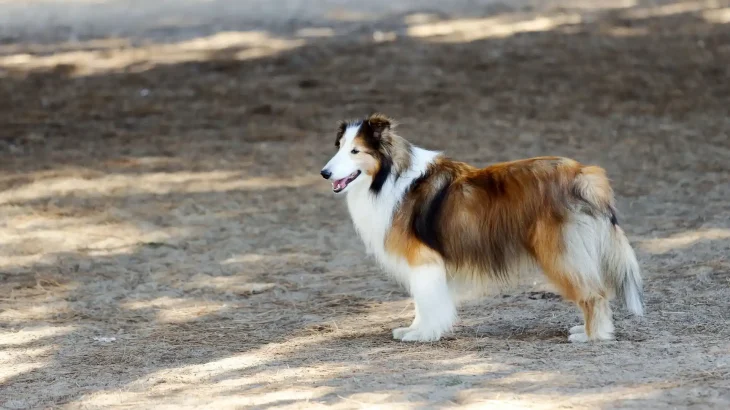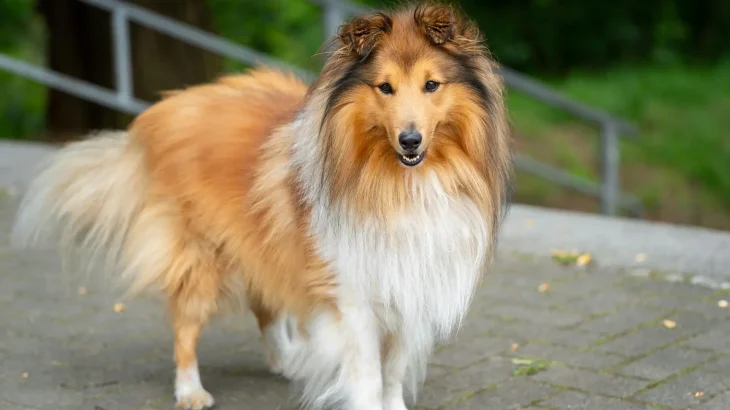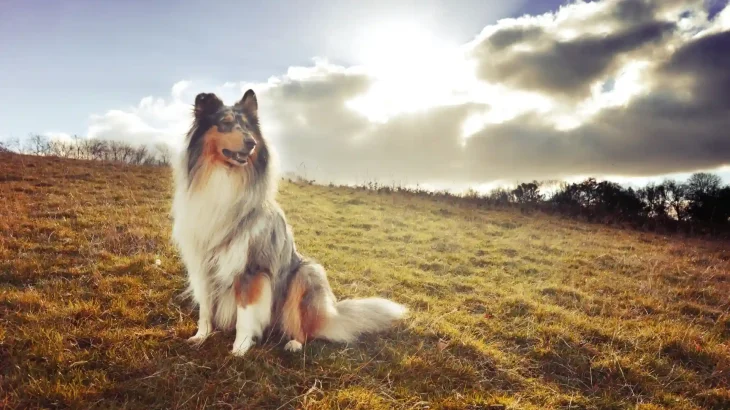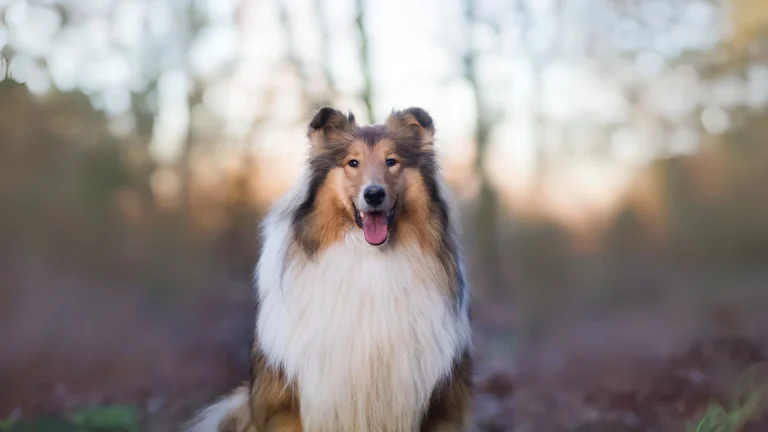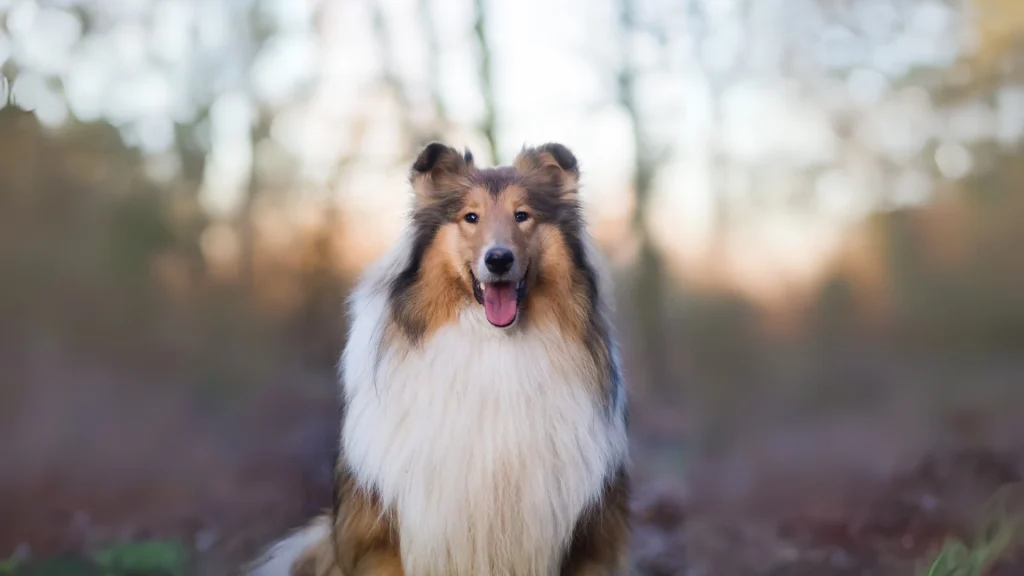Deciding whether to adopt or purchase a Scotch Collie puppy depends on your priorities about health information, cost, and ethics. Buying from a breeder usually provides detailed lineage and health records, while adoption offers a chance to give a loving home to a dog in need, sometimes with less certainty about its background.
| Criteria | Buying from Breeder | Adopting from Shelter/Rescue |
|---|---|---|
| Cost | Higher initial cost reflecting purebred status and breeder care. | Lower fees, often including vaccinations and sterilization. |
| Health History | Comprehensive health screening and pedigree information usually available. | Health history may be incomplete; basic checks performed. |
| Age Availability | Usually puppies, allowing early bonding and training. | Varied ages, including adults who may be trained. |
| Temperament Insight | Breeders provide info on lineage temperament traits. | Shelter staff share observed behavior; full background often unknown. |
| Supporting Practices | Supports responsible breeding if breeder is ethical. | Helps animal welfare by providing a home to a dog in need. |
| Breed Purity & Pedigree | Guarantee of purebred status and pedigree documents. | Breed purity may be uncertain; less pedigree information. |

